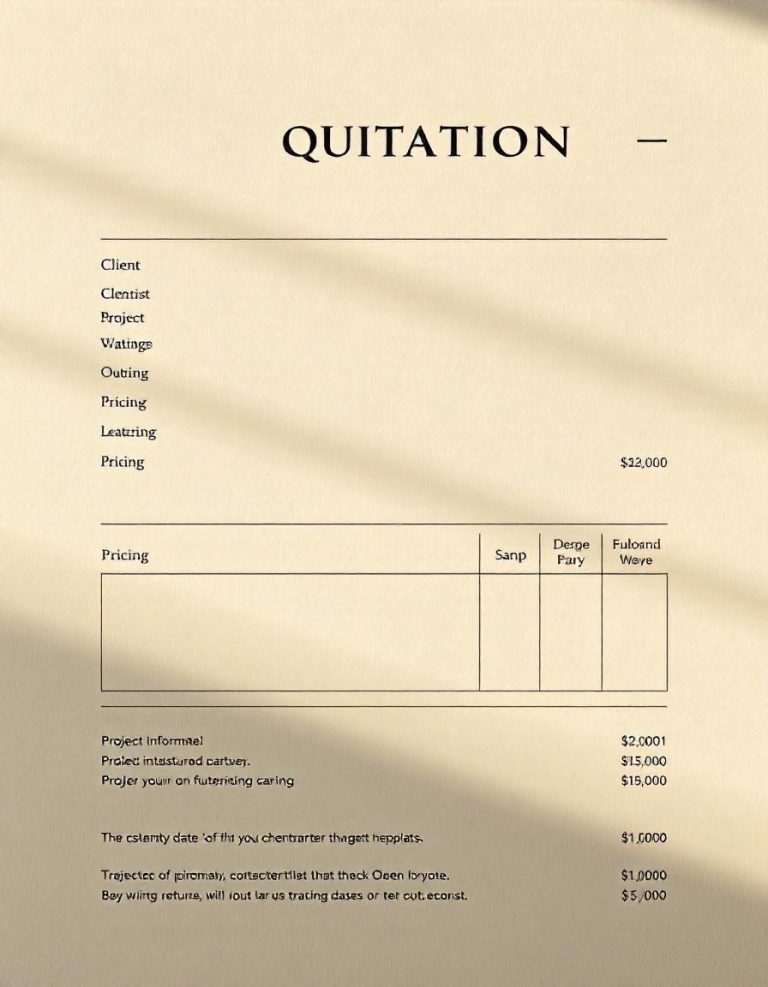How Blogging Websites Earn Money
Blogging has evolved from a simple way to share ideas to a profitable online business model. There are numerous ways a blogging website can generate income, especially with the rise of digital tools and platforms that support content creators. Here’s a breakdown of some of the most effective methods that blogging websites use to earn money.
Find Out How To Make Money As A Full-Time Writer/Blogger Guide
1. Advertising Revenue
Advertising is one of the oldest ways to make money through blogging. Blogs can earn money by displaying ads on their site, often using networks like Google AdSense, which matches ads to the content and audience of the blog. Ad revenue generally depends on the number of impressions (views) or clicks the ad receives.
- Cost Per Click (CPC): Bloggers earn every time a reader clicks on an ad.
- Cost Per Thousand Impressions (CPM): Payment is based on how many views the ad receives, which is ideal for blogs with high traffic.
With significant monthly traffic, display ads can become a steady source of income for bloggers.
2. Affiliate Marketing
Affiliate marketing is a popular monetization method for blogs in almost any niche. By promoting products or services relevant to their audience, bloggers can earn commissions whenever a reader clicks on an affiliate link and makes a purchase.
- Example: A tech blog might promote laptops, phones, or software tools with affiliate links to online retailers like Amazon. Each time a reader purchases an item through the link, the blog earns a small percentage of the sale.
Key Platforms: Amazon Associates, ShareASale, and Commission Junction (CJ) are some of the largest affiliate networks. Bloggers can choose specific products or services that resonate with their readers, creating authentic recommendations that drive income.
Make Money in 7 Days as an Entertainment Blogger and Affiliate Marketer – The Easy Way
3. Sponsored Content and Brand Partnerships
As blogs gain credibility and grow their audience, companies may reach out with offers to sponsor content. Sponsored content is typically written to highlight a product, service, or brand in exchange for payment. These arrangements can be very lucrative for bloggers, particularly in specialized niches like travel, fashion, food, or technology.
- Example: A food blogger might create a recipe using a specific brand’s ingredients and share it with their audience, with a mention or recommendation of the product.
Bloggers can also pitch brands directly for potential partnerships if they have a highly engaged audience or substantial social media following.
4. Selling Digital Products
Many bloggers monetize their expertise by creating and selling digital products directly to their readers. Digital products are cost-effective to produce and distribute and can range from e-books and courses to printables, guides, and templates.
- Examples of Digital Products:
- E-books on specific topics or tutorials.
- Online courses covering niche skills (e.g., photography, personal finance, blogging).
- Templates and printables for things like budgeting, organization, or business planning.
Selling these products allows bloggers to leverage their expertise while providing valuable content to their readers.
Make Money in 7 Days as an Entertainment Blogger and Affiliate Marketer – The Easy Way
5. Offering Memberships or Subscriptions
Blogs with a loyal readership might offer a subscription or membership plan. For a monthly or annual fee, readers gain access to exclusive content, behind-the-scenes insights, ad-free browsing, or even one-on-one consultations.
- Example: A personal finance blog could offer members-only tips, access to exclusive webinars, or premium downloadable resources.
Subscription models work well for blogs that produce in-depth content, as well as those in niches where people are willing to pay for valuable insights, such as investment advice, fitness plans, or advanced skill training.
6. Selling Physical Products
Some bloggers expand their online presence by selling physical products that align with their brand. This might include merchandise, branded items, or products that relate directly to their blog’s content.
- Example: A lifestyle blogger might sell branded clothing or accessories, while a craft blogger could sell DIY kits.
Physical products require more investment upfront, but for blogs with a strong brand and loyal followers, they can be a highly successful revenue stream.
Make Money in 7 Days as an Entertainment Blogger and Affiliate Marketer – The Easy Way
7. Offering Consulting or Freelance Services
Bloggers often become experts in their niche and can monetize this expertise by offering consulting or freelance services. A blog can serve as a portfolio showcasing knowledge and skills, attracting clients who are willing to pay for one-on-one coaching, consulting, or other freelance services.
- Example: A marketing blogger might offer social media consulting or digital marketing services.
This approach works well for blogs in fields where readers may seek personalized advice, like fitness, finance, digital marketing, or writing.
8. Crowdfunding and Donations
Some bloggers rely on the support of their readers through crowdfunding or donations. Platforms like Patreon allow fans to make monthly contributions in exchange for exclusive content, shout-outs, or other perks. Alternatively, one-time donation options, like “Buy Me a Coffee,” let readers contribute as they enjoy the content.
- Example: A tech blogger could offer extra in-depth content, behind-the-scenes insights, or personalized answers to questions for Patreon supporters.
Make Money in 7 Days as an Entertainment Blogger and Affiliate Marketer – The Easy Way
This approach works best for bloggers with a strong, loyal following who appreciate the value of their content.
9. Monetizing Through Email Marketing
Email marketing is a powerful way for bloggers to directly reach their audience with curated content and promotions. Many bloggers build a subscriber list and send newsletters that include affiliate links, sponsored content, or product recommendations.
- Example: A travel blog might send out a weekly email with affiliate links for booking deals, travel gear, or exclusive travel guides.
Growing an email list takes time but can provide a steady revenue stream through ongoing engagement with a blog’s most dedicated readers.
Make Money in 7 Days as an Entertainment Blogger and Affiliate Marketer – The Easy Way
While there are numerous ways for blogs to earn money, success often depends on creating valuable, engaging content that resonates with readers. A combination of these monetization methods tailored to the blog’s niche and audience can maximize revenue and make blogging a profitable venture. As blogging evolves, the key to sustained success remains an authentic connection with readers and a strategic approach to monetization that aligns with the blog’s goals and audience needs.







